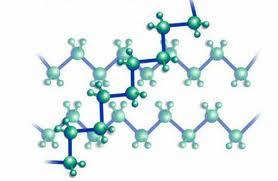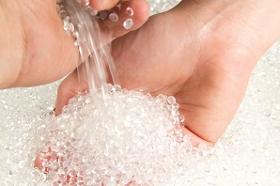- europages
- >
- COMPANIES - SUPPLIERS - SERVICE PROVIDERS
- >
- moulding
Results for
Moulding - Import export

LITCHEMA, UAB
Lithuania
HDPE – high density polyethylene is defined by a density of greater or equal to 0.941 g/cm3. HDPE has a low degree of branching and thus stronger intermolecular forces and tensile strength. HDPE can be produced by chromium/silica catalysts, ziegler-natta catalysts or metallocene catalysts. The lack of branching is ensured by an appropriate choice of catalyst and reaction conditions. HDPE is used in products and packaging such as milk jugs, detergent bottles, margarine tubs, garbage containers and water pipes. High-density polyethylene (HDPE) or polyethylene high-density (PEHD) is a polyethylene thermoplastic made from petroleum. It takes 1.75 kilograms of petroleum (in terms of energy and raw materials) to make one kilogram of HDPE. HDPE is commonly recycled, and has the number “2” as its recycling symbol.
Request for a quote
LITCHEMA, UAB
Lithuania
Polystyrene (PS) is an aromatic polymer, made from the aromatic monomer styrene, a liquid hydrocarbon that is commercially manufactured from petroleum by the chemical industry. Polystyrene is one of the most widely used kinds of plastic. Polystyrene is a thermoplastic substance, which is in solid (glassy) state at room temperature, but flows if heated above its glass transition temperature and becomes solid again when cooled. Pure solid polystyrene is a colorless, hard plastic with limited flexibility. It can be cast into molds with fine detail. Polystyrene (PS) can be transparent or can be made to take on various colors. The chemical makeup of polystyrene is a long chain hydrocarbon with every other carbon connected to a phenyl group.
Request for a quoteDo you sell or make similar products?
Sign up to europages and have your products listed
Results for
Moulding - Import exportNumber of results
2 ProductsCountries
Company type
Category